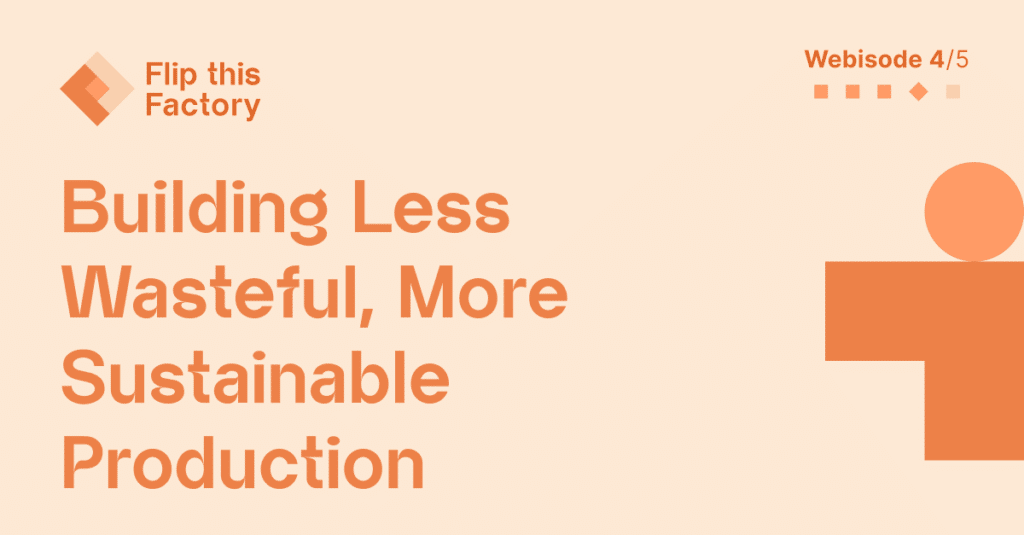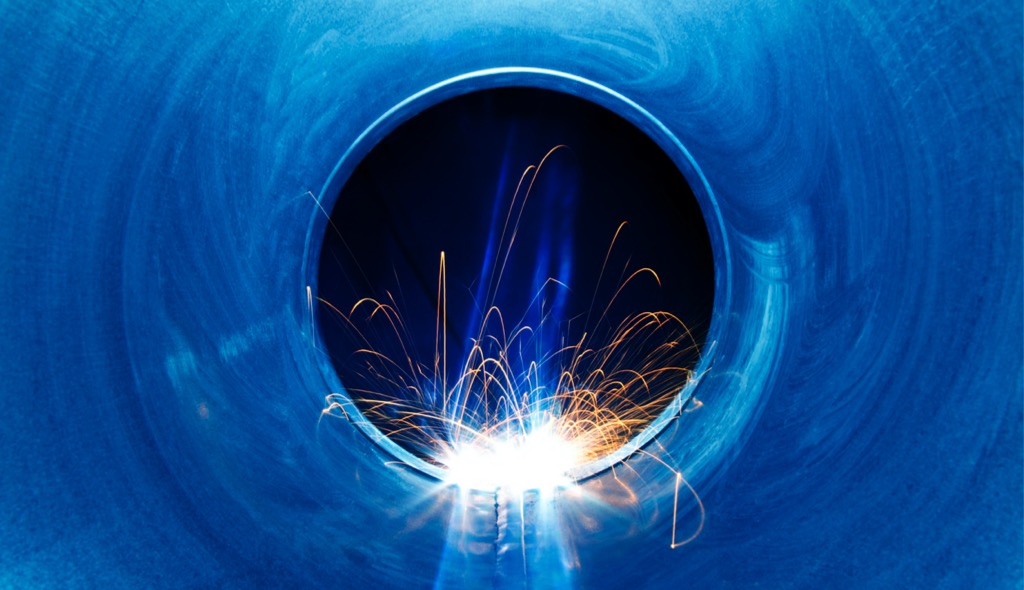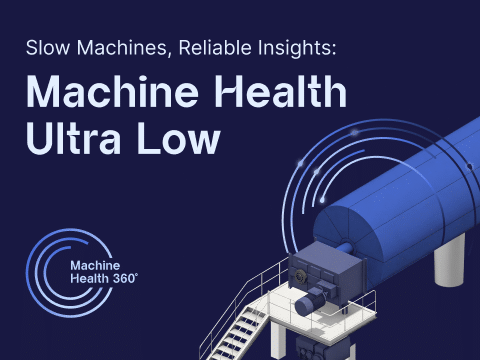
With our minds on Earth Day on April 22nd, we sat down with Augury’s in-house sustainability enthusiast Sascha Dainat on how we can all make a difference – both in our private and business lives. “Start small. If it works: scale,” says Sascha.

Since joining Augury in 2022, Sascha Dainat has been staying busy. Not only is he the Director of Revenue Enablement, he’s also taking an active bottom-up approach in bringing sustainability more into the company’s regular conversation. With Earth Day 2022 coming up, we thought it was a perfect opportunity to share the love – for people, planet and profit.
Let’s start with first principles. How do you define sustainability?
I have two go-to definitions for sustainability. The UN defines sustainable development as “development that meets the needs of the present without compromising the ability of future generations to meet their own needs.” Christopher Boone, the former Dean of the College of Global Futures at Arizona State University, focuses more on the business sense: “Sustainability is often defined through the triple bottom line: We must align the needs of people, planet, and profit to be truly sustainable.”
What was the big moment that jump-started your sustainability journey?
It began as a private drive to become more sustainable. Five years ago, I moved from Germany to the US and noticed how wasteful many things were here. I could see Germany was doing some things very well – in terms of recycling and having more circular initiatives. At the same time, there are things that the US does very well. For instance, once Americans are excited about something, they are super quick at scaling. So that’s what drew me in… I hoped to contribute to aligning these worlds.
But to begin with, it was more about how my family and I could form better habits and have our voices heard as consumers. Only later I started to think about bringing these ideas more into my job and inspire others to make the same step.
How does your job as Augury’s Director of Revenue Enablement relate to your sustainability ambitions?
I came to Augury because I saw an opportunity to make an impact. I saw the potential in the technology and how manufacturing as an industry directly impacts how resources are consumed. And I am certainly always trying to have sustainability influence what I am doing in my job.
In sustainability as well as in Revenue/Sales Enablement, we are trying to drive change in complex environments. In both fields the question is “How can I motivate someone to change without having formal power over them?” Also, in both worlds I have to work very strategically on the one side and very practically on the other. Similar to doing changes in our complex world, Sales has become a complex “art”. You have the customer side – in our case large corporations – that’s complex and sometimes confusing. And you have the internal side, which can also be complex and confusing. So, it’s challenging for salespeople to navigate between these two worlds. Luckily, I like complexity. And building bridges while embracing complexity is certainly a part of facing down the current challenges around sustainability.
People often feel overwhelmed by all the information and become too paralyzed to take action. How do you motivate them?
It’s true people often don’t know where to start with all these different messages coming at them. In these cases, my goal becomes to make them pick one single small change for at home and one for at work. This is just a way of getting started – and in itself can already provide benefits. One small change actually requires little effort yet it can have a significant personal impact, especially if it becomes part of this ‘atomic habits’ idea of continuous improvement. And once we master one small change, we are often ready to make another change. But even if we all just make one small change, this will result in big changes overall.
How do we select which one change to make?
With more options than ever, I recommend picking topics that are close to your heart. If it’s water, it’s water. If it’s plastic, it’s plastic. If it’s composting in the garden, it’s composting. If you like cars, buy an EV. If you want to fight food waste, buy organic or “imperfect food”. Just start with one. And then if it’s working, expand. If it doesn’t work, try something else. The focus areas of my family and I are constantly evolving. We’re now carefully sourcing our clothing, eating a lot less meat and planning to install solar panels.
Can you recommend any good resources?
For inspiration I recommend Project Drawdown, which collects and reviews different solutions to fight global warming. They also produced an excellent book with 100 solutions, and there’s an enlightening short animated video that covers the top 10 solutions – I was surprised that fighting food waste ranked number one. For the business world, I recommend Net Positive: How Courageous Companies Thrive by Giving More Than They Take, which was co-written by Paul Polman, the CEO of Unilever who pushed their shift to sustainability.
So how about at work? How can people have an impact in their professional lives?
One of the stories that really shows how someone can have an impact – even if they have a limited responsibility and decision-power – comes from Unilever, which as a company became a flagship for sustainability. They really encouraged all their employees to come up with ideas. And so some people on the operational level, really working on the factory floor, decided to cut 3 mm off each PG Tips tea bag. While this had zero impact on the consumer, over a year it saved massively on paper.
It doesn’t all have to be ingenious. A simple example is, if you are a facilities manager just stop buying plastic cups and opt for the more sustainable choice. You don’t need anyone to sign-off for that, so just do it. But it could also just be about starting to bike to work once a week. Again: just do it.
What else can we do as individuals besides trying to cut carbon-causing activities?
Keep talking about it – help boost the awareness. Keep educating yourself. And don’t be afraid to get creative or bold – keep thinking how you can rock the boat, both privately and professionally. Join or form small groups at work or in your community, and then connect with other small groups. Let’s turn those ripples into waves.
If you want to connect on sustainability and cause some waves, feel free to reach out by email.
Read: ‘Owning Sustainability (2): How To Make An Impact As A Business In Manufacturing’.




